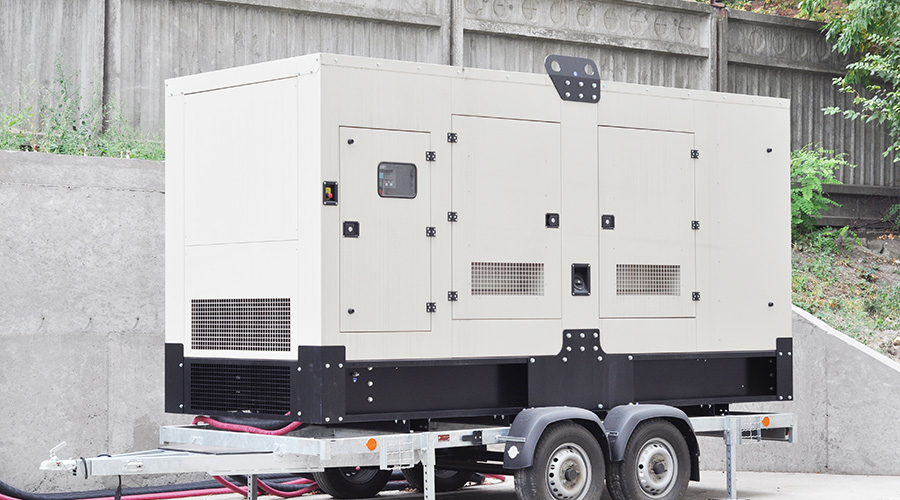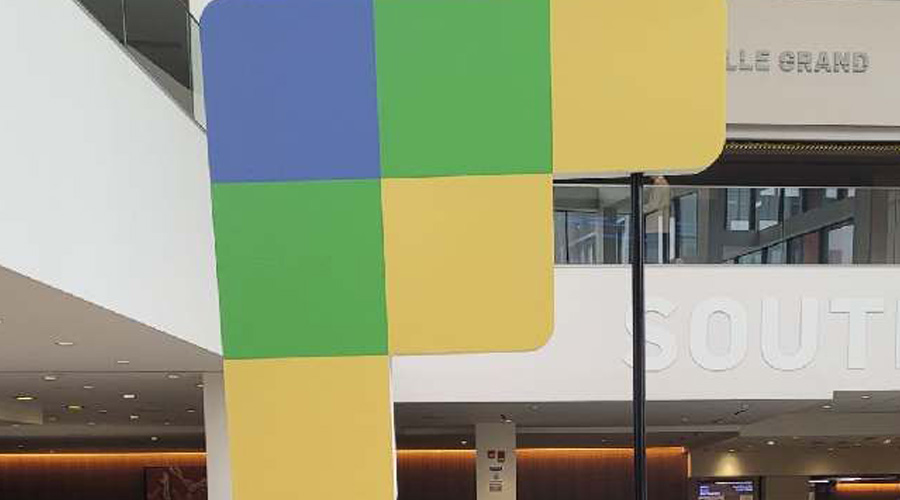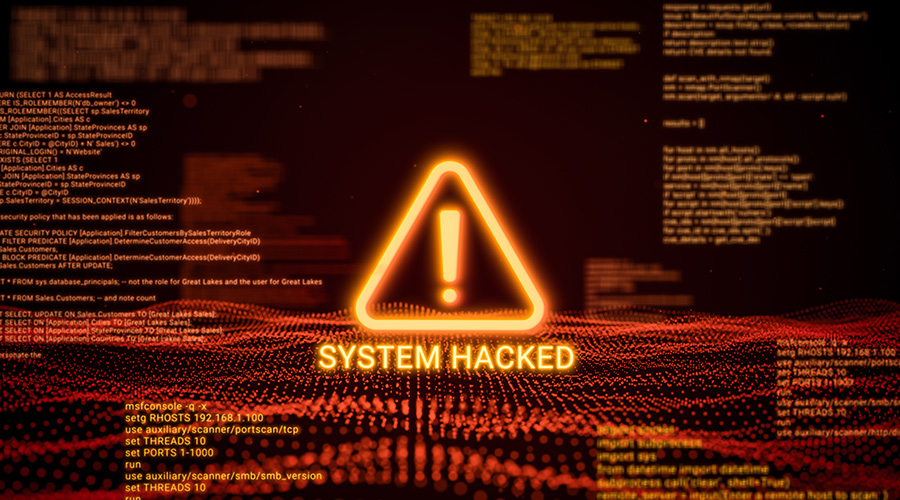Pharmaceutical diversion and theft are two major concerns healthcare facilities face today.
Whether it is the hospital’s employees stealing a patient’s prescribed medication or outsiders coming to the emergency department seeking medications to feed their addictions, it is a costly and growing epidemic.
Hospitals secure their pharmaceuticals carefully, requiring employees to use individual passcodes or even fingerprints to gain access to restricted areas or to unlock cabinets where medications are stored.
Advancements in technology have taken over as the primary security feature when it comes to securing pharmaceuticals, but there are still loopholes that exist, and it is essential for the security team to still play a large role in averting theft.
Monitoring areas where pharmaceuticals are housed, tracking who and what is entering and exiting, and ensuring proper documentation of medication distribution is vital.
Security officers should be deployed to monitor these areas so they can alert officers on the floor if an unauthorized individual enters a restricted area, or if an individual tailgates another person and enters without submitting proper authorization. Surveillance systems can also provide record of activity, especially if there is a discrepancy of who was in an area, and when.
The hospital’s security team should also build a relationship with the nursing, pharmacy and emergency department staff as these groups perform a majority of the work dealing with the medications. Security officers and the employees can then feel comfortable reporting suspicious behavior to each other as they know each other’s role and responsibilities. Random drug testing on all employees should also be conducted regularly to help ensure the employee population is drug free.
Emergency departments should be closely monitored for individuals who are seeking medications to feed addictions. Medical staff can ask the security team to escort individuals out of the facility should they be seen as a threat to other patients, staff or visitors.
Ensure that your facility has a plan in place if pharmaceuticals are unaccounted for or if staff members are suspected of drug use.
Bukowski is the vice president of healthcare, AlliedBarton Security Services

 The Fatal Flaws in Active Shooter Response in Healthcare Facilities
The Fatal Flaws in Active Shooter Response in Healthcare Facilities Utah Hospital Outage Highlights Backup Power and Resiliency Challenges
Utah Hospital Outage Highlights Backup Power and Resiliency Challenges Ground Broken on New North Dakota State Hospital
Ground Broken on New North Dakota State Hospital Form Your Pit Crew: Key Takeaways From the 2025 Healthcare Innovations Conference
Form Your Pit Crew: Key Takeaways From the 2025 Healthcare Innovations Conference Glens Falls Hospital Caught Up in Oracle Health Data Breach
Glens Falls Hospital Caught Up in Oracle Health Data Breach